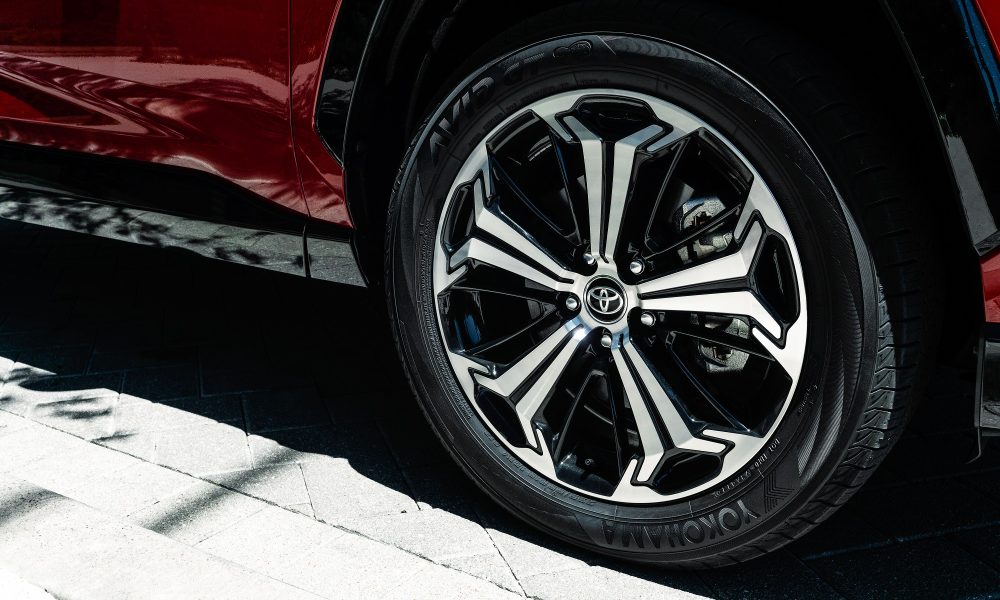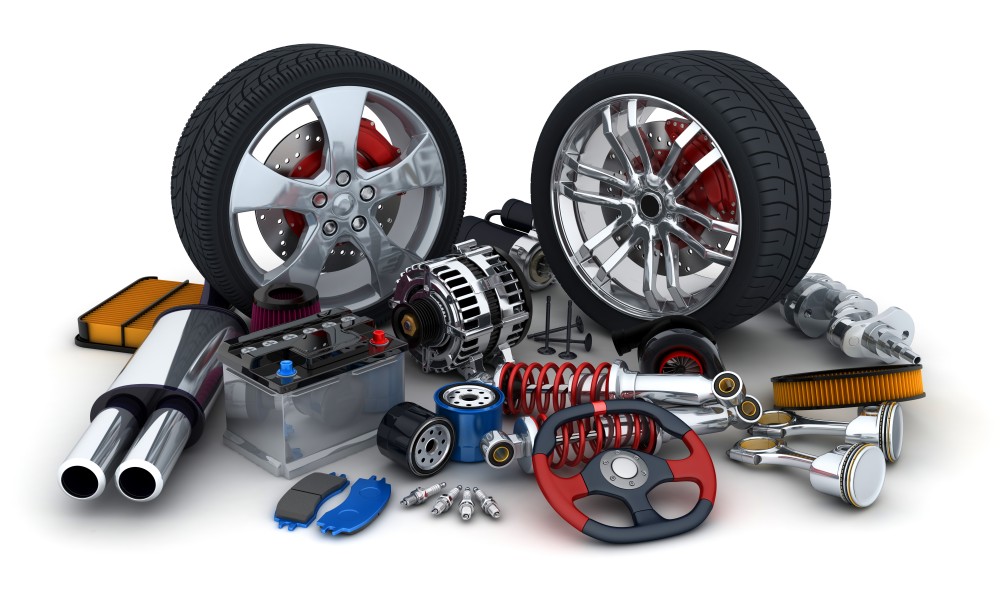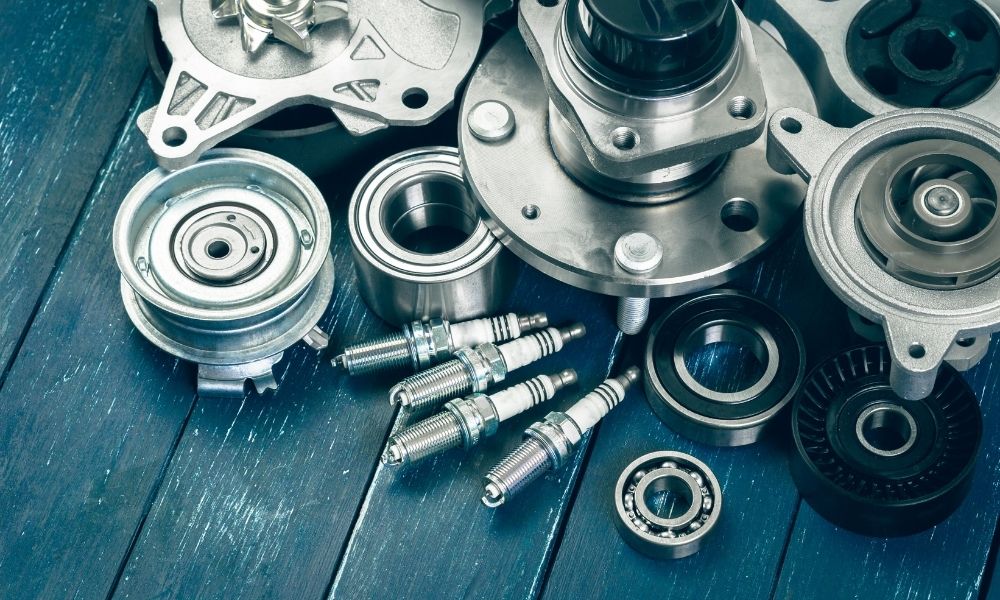Alloy wheels have become a popular choice for car enthusiasts due to their unique design and lightweight construction. However, many people are unaware of the history and development of alloy wheels. In this article, we will take a closer look at the history of alloy wheels and how they have evolved over time.
Early Development of Alloy Wheels
The earliest form of alloy wheels can be traced back to the 1920s, where they were used in racing cars to reduce the weight of the vehicle. However, these early alloy wheels were made from magnesium, which is highly flammable and can ignite when exposed to high temperatures.
During the 1960s, alloy wheels became more widely available and were made from a combination of aluminum and magnesium. This alloy was much stronger and more heat-resistant than pure magnesium, making it a safer option for use in cars.
The 1970s and 1980s
During the 1970s and 1980s, alloy wheels started to become a popular choice for production cars. This was due to their lightweight construction, which improved the performance and fuel efficiency of the vehicle.
At this time, alloy wheels were typically made from a combination of aluminum and other metals such as copper and nickel. These alloys were much stronger than the earlier magnesium-based alloys and could withstand the rigors of everyday use.
Modern Alloy Wheels

Today, alloy wheels are made from a variety of materials, including aluminum, magnesium, and even carbon fiber. This allows manufacturers to create wheels that are not only strong and lightweight but also visually appealing.
Modern alloy wheels are often designed with aesthetics in mind, with intricate patterns and shapes that add to the overall look of the vehicle. They are also available in a range of sizes, from small wheels for compact cars to large, flashy wheels for sports cars.
The Benefits of Alloy Wheels
There are several benefits to using alloy wheels on your car. Firstly, they are much lighter than traditional steel wheels, which can improve the handling and performance of the vehicle. They also dissipate heat more efficiently, which can reduce the risk of brake fade.
Another benefit of alloy wheels is their unique design. They are available in a range of styles and patterns, allowing you to customize the look of your vehicle. Additionally, they are often more durable than steel wheels, which can save you money in the long run.
Overall, alloy wheels have come a long way since their early development in the 1920s. They have evolved from simple magnesium wheels into the complex, visually appealing designs that we see today. Whether you are a car enthusiast or simply looking for a way to improve the performance and appearance of your vehicle, alloy wheels are a great option to consider.




